Australia, New Zealand, U.S. Uneasy Over Canada’s Inclusion In Trans-Pacific Partnership
WASHINGTON, D.C., July 10, 2012 – The recent decision at the G20 summit to include Canada in the Trans-Pacific Partnership (TPP) has the United States, New Zealand and Australia up in arms over Canada’s open agricultural subsidy schemes, in particular its programs for Canadian pork production. The TPP countries – the United States, Australia, New […]
